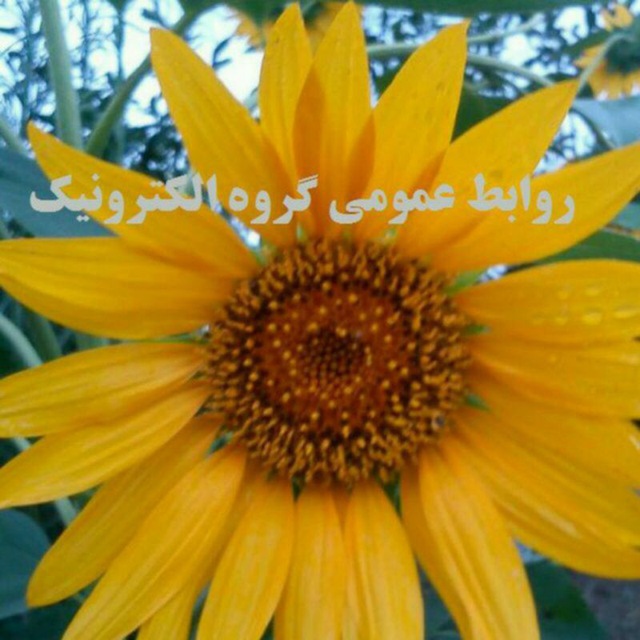200 years have passed since the Arab invasion of Iran, the Persian language was gradually removed from schools and civil correspondence, and Arabic was taught instead.
The Abbasid caliphs in Baghdad, even though they believed that they owed their caliphate to the Iranians, called the Iranian Muslims their followers with a certain arrogance and pride, and did not spare any kind of oppression and oppression against them.
There was a drought in Sistan, but the agents of the caliph mercilessly demanded tribute and heavy taxes from the peasants and merchants and sent them to Baghdad to spend on the entertainment of the Abbasid caliphs.
In the meantime, Roiger Zadeh’s chivalry rises from Sistan
Yaqub Leith Safari or Radman son of Mahek Sistani
By gathering the brave men of Sistan and other parts of Iran, he went to war with the caliph and freed all of Sistan and Khorasan up to Mavranhar, Mazandaran, Gilan, Ray, Isfahan, Fars, Kerman and even a part of Khuzestan from the control of the Arab aggressors.
In an order to all parts of Iran, Ya’qub removed the Arabic language and popularized the Dari Persian language (in civil and government offices) so that later we would witness the emergence of many mystics and poets in the culture and literature of Iran, such as Ferdowsi, Molavi, Nizami, Hafez, and Saadi. How they protected the prosperity and expansion of the Persian language.
If Yaqub Leith Safari had not done such a great work for the Persian language and literature, our country would have been Arabic-speaking like all North African countries.
The Abbasid caliph, who had the experience of the Umayyad dynasty falling into the hands of the Iranians, sent a courier to Yaqub in fear and said that all the places you captured in Iran should be yours, but accept me as the Muslim caliphate.
“Yaqub Laith Safari” puts bread, onions and swords in a tray and says in response to the Caliph:
You are an aggressor of Iran’s territory and you are not in a position to give Iranian property to an Iranian. I am a natural-born Iranian. My food is simple, bread and onions, but my answer to an aggressor like you on Iran’s territory, even if you call yourself the Caliph of Muslims, is this sword. .
Taken from the history of Sistan and Iran
Yaqub Leith Safari was one of the freedmen and patriotic commanders of Iran who died due to illness during the war with the Abbasid Caliph’s army in Dezful.
Yaqub Leith fought with an army whose commander was the aggressor Muhammad Ibn Jafar, and this commander was also killed in this war.
Now the graves of these two people are so different that anyone who does not know or read history will think that Yaqub was the aggressor of this country and Muhammad Ibn Jafar was the defender.
Woe to our ignorance.
If you have time and you happen to pass through Dezful, be sure to visit the graves of these two people.
The tomb of Muhammad Ibn Jafar in the west of Dezful welcomes pilgrims every day with special grandeur, and in the east of Dezful on the Shushtar road, there is a dilapidated and remote grave, a grave that most of the people of the city do not know. In this grave, one of the bravest, fanatical and most patriotic commanders in the history of this land, Yaqub Leith Safari, rests.
A nation that does not read history is doomed.
This post is written by eskandari_20D
